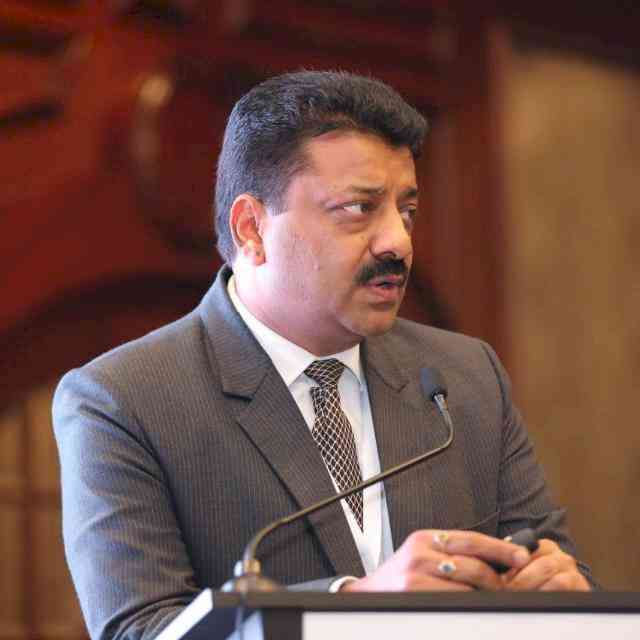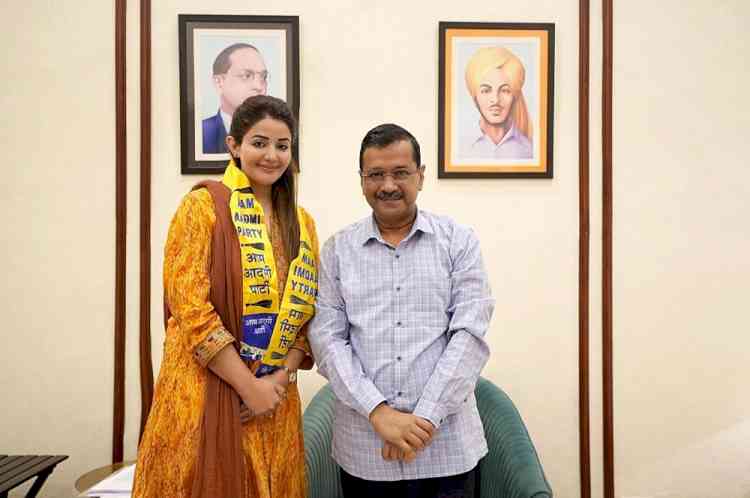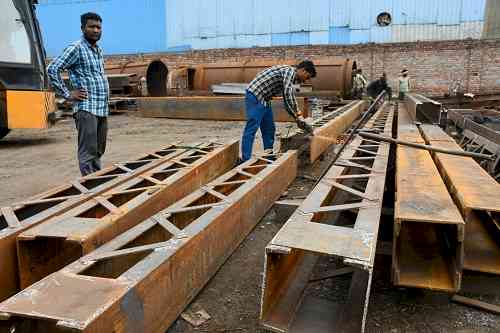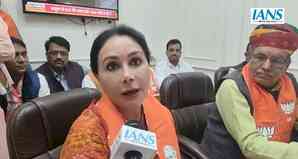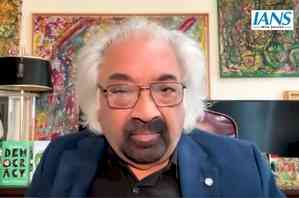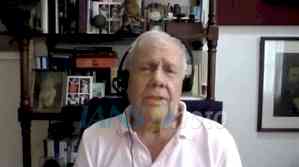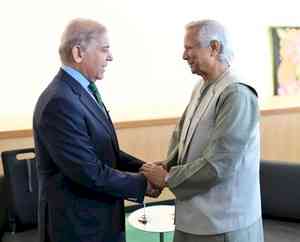Improving stroke care services in South-East Asia - Virtual International Symposium on Stroke organised by CMC
The participants reflected on stroke care services and discussed on the improvements to be implemented in the Region

Ludhiana: World Stroke Day is observed annually on October 29, to highlight the increasing rates of stroke, its seriousness, raise awareness of the prevention and treatment and ensure comprehensive support and care for survivors. Low- and middle-income countries account for over 65% of stroke cases worldwide. South East Asia, the home to a quarter of the world’s population, has a high burden of stroke. Stroke awareness is poor and stroke care services are not well developed and fragmented. Most countries face challenges with stroke care delivery, stroke care infrastructure, resources and human resources.
This year, Christian Medical College, Ludhiana organized a virtual international symposium on stroke with World Health Organization on Improving Stroke Care Services in South East Asia Region. The symposium was a half-day event among the Member States and partners. The participants reflected on stroke care services and discussed on the improvements to be implemented in the Region.The inaugural address was given by Dr. Tushara Fernando, Director, Health Population and Non-Communicable Diseases on behalf of Dr. Poonam Khetrapal Singh, Regional Director of WHO-SEARO, Dr. Michael Brainin, President of the World Stroke Organization. Dr Gampo Dorji, WHO-SEARO and Dr Jeyaraj D Pandian, Principal, Christian Medical College, Ludhiana; Vice President, World Stroke Organization were the coordinators of the forum. The expert panelists on the forum were from India, Sri Lanka and Thailand. The topics addressed were stroke, evidence-based acute management, prevention, surgical treatment, rehabilitation, and stroke unit care. Case stories for stroke improvement initiatives were presented by Dr. Tashi Tenzin from Bhutan, Dr. Rasheed Ahmed from the Maldives, Dr. Kyaw Kan Kaung from Myanmar, Dr. Brigido de Deus from Timor Leste, Dr Gopal Chauhan and Dr Jenim Webster from India. Improving stroke care services and setting up targets and indicators for WHO-SEARO member states were discussed by the respective representatives from the Ministry of Health of each country. Over 164 participants from WHO-SEARO member states attended the event. The participants at the event included representatives from the Ministry of Health and World Health Organization offices of South-East Asian countries, neurologists, neurosurgeons, rehabilitation therapists, nurses, community health workers and health volunteers.
The Department of Neurology at Christian Medical College & Hospital, Ludhiana, headed by Dr. Jeyaraj Durai Pandian, is currently collaborating with the World Health Organization’s South-East Asia Regional Office to provide technical support to Bhutan, Maldives, Myanmar, and Timor-Leste in South East Asia, to aid them in establishing efficient stroke care services. Stroke care services include immediate medical and surgical interventions, followed by extensive rehabilitative services. The project aims at improving stroke care services at the community level, in primary, secondary, and tertiary health care settings. The technical support provided includes training of stroke care services personnel, capacity building for stroke care units and services, and establishing stroke care units in various levels of the health care system.



 cityairnews
cityairnews 
